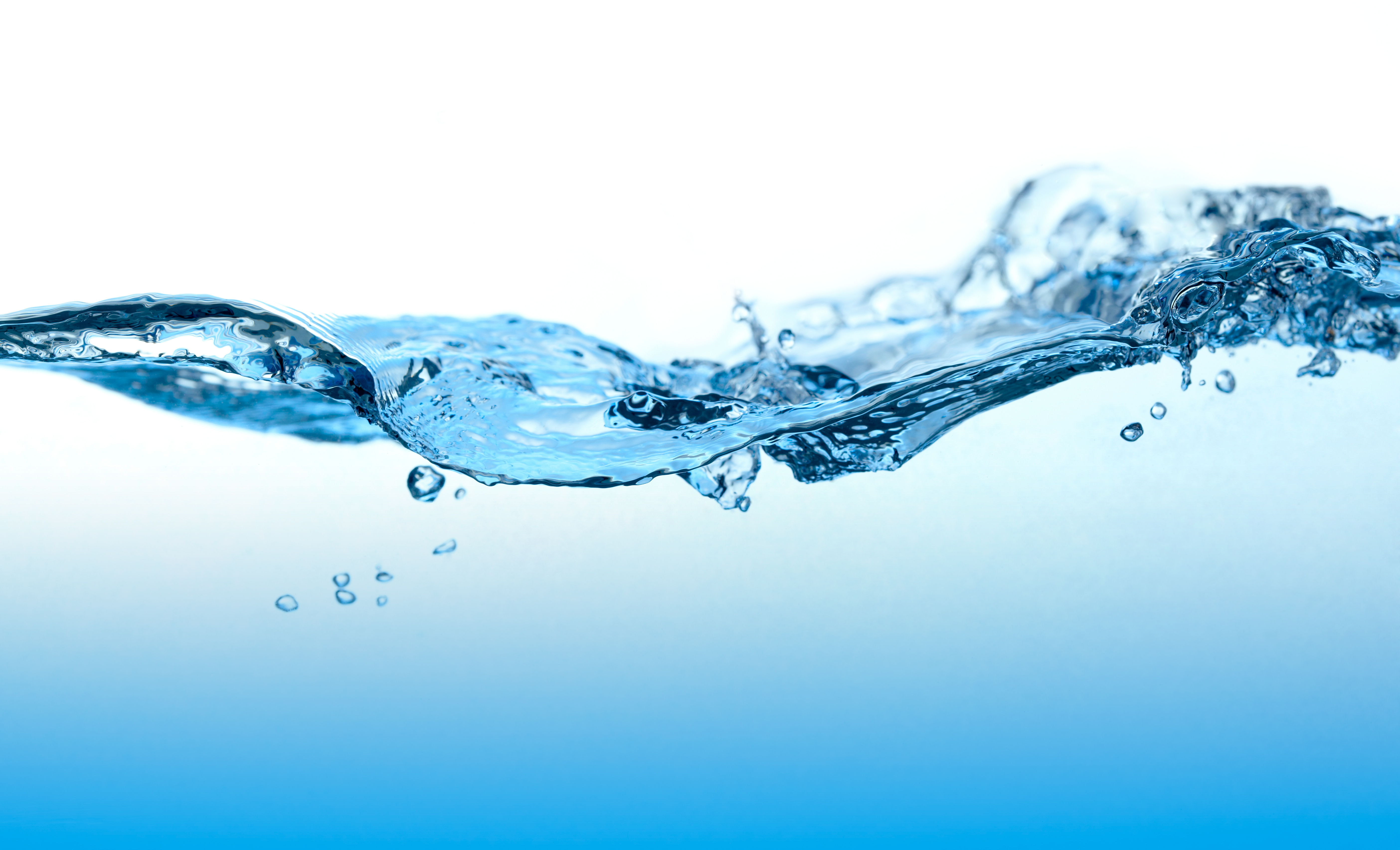“Empty your mind, be formless. Shapeless, like water. If you put water into a cup, it becomes the cup. You put water into a bottle and it becomes the bottle. You put it in a teapot, it becomes the teapot. Now, water can flow or it can crash. Be water, my friend.”— Bruce Lee, actor, film director, martial artist, philosopher, and founder of Jeet Kune Do.
I’m currently going through a phase of listening to a strange genre of music that I’ve recently learned is known as ‘chill-hop’ while I’m writing. I’ve come to love this genre for two main reasons:
- It’s mostly instrumental, meaning I’m less likely to end up getting carried away and accidentally writing the lyrics down in the middle of a blog post without realizing.
- It’s more soothing than my electro swing (my other favorite genre, and one you should totally check out if you’re ever feeling low and need something upbeat to cheer you up) and therefore reduces my chances of abandoning the task of writing altogether and going for a dance around the garden instead.
But that’s besides the point.
Anyway, I was listening to my go-to chill-hop playlist on Spotify a couple of days ago, and I came across this song.
It’s called ‘Water’ and it starts out with the famous quote by Bruce Lee that I’ve included at the start of this article.
The phrase ‘be like water’ is repeated several times throughout the song.
And maybe I was just looking for a way to procrastinate, but it got me thinking…
What is the importance of this quote, and how can we apply it to our everyday lives?
Bruce Lee was a phenomenally talented guy who influenced many people throughout his short lifetime.
Among his many contributions that stand out, “be like water” is perhaps his most famous philosophy that has managed to change millions of lives for the better.
It’s slammed across ‘self-help’ websites all over the Internet and forever lodged in the memories of practically every dedicated Bruce Lee fan all over the world.
And part of what makes this quote so outstanding is that we can all embody it and embrace it in our own lives in order to become more productive, successful, and balanced individuals.
In order to truly understand the meaning behind it, let’s break it down into some of the most important characteristics of water:
- It is fluid. If you spill water, it will spread wherever it can and make its way into every crack, every crevice, finding a way into everything it can. If you are fluid, you don’t overthink, overanalyze, or wait for the ‘opportune moment’ that is never going to come. You simply move forward with the knowledge that you are able to handle whatever you come up against.
- It is adaptable. Water changes depending on the scenario it is placed in. It adjusts to its challenges, as opposed to fighting them. Being adaptable is not to be confused with being a conformist. No matter the situation, the original components of the water remain the same. Only the arrangement of its particles changes. If you are adaptable, you don’t fear uncertainty. You find ways to make the most of whatever is thrown at you.
- It is gentle, yet powerful. Water is gentle, yet it has the ability to be overwhelmingly powerful. Those who embody such qualities display kindness to those around them yet can show strength when it is required.
“Water is the soft thing, yet it can penetrate mountains and earth. This shows clearly the principle of softness overcoming hardness.” — Lao Tzu
So when life doesn’t go the way you want it to — the absolute audacity of it — how do you react?
Do you strike out and try to fight against it?
Do you give up and walk away?
Or do you accept it, find a way to maneuver around whatever it is that’s blocking you, and move on?
“You gain strength, courage, and confidence by every experience in which you really stop to look fear in the face. You are able to say to yourself, ‘I have lived through this horror. I can take the next thing that comes along.’ You must do the thing you think you cannot do.” — Anna Eleanor Roosevelt, First Lady of the United States (1933–1945)


